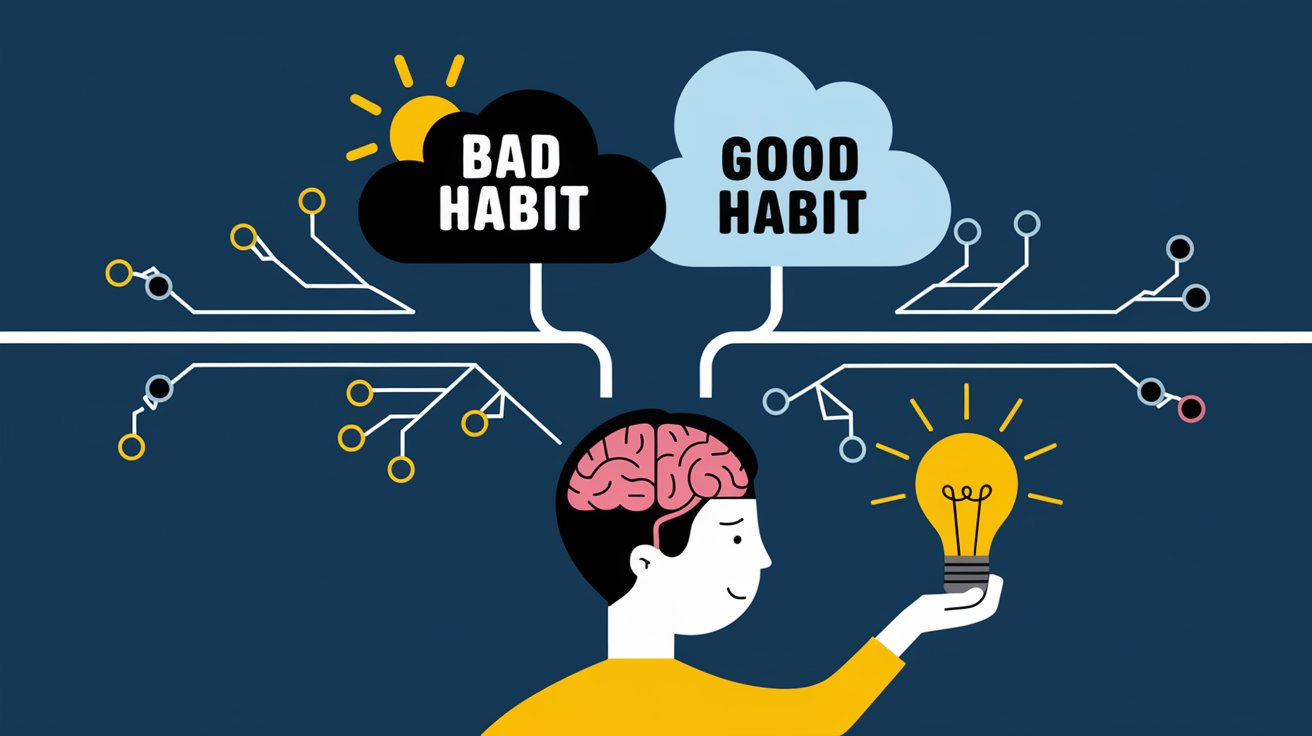For anyone attempting to transform themselves, creating and sustaining long-term habits can be daunting. While coaching has always provided a means to solve these issues, the rise of AI coaches like Dr. FeelGood provides something new. So let’s dive into the ways in which these digital companions are opening the way to habit-making over the long term via repeated feedback and reinforcement.
Constant Feedback: the Key to Success
One of the cornerstones of habit development is regular, honest feedback. Traditional coaching centres on the systematic tracking of achievements, and encourages clients to correlate behaviors with goals and achieve behaviour changes.
This is one of the activities that AI coaches have redefined, providing real-time feedback specific to a person’s intentions and interests. For instance, patients on Dr. FeelGood receive daily pushback and feedback loops to keep their actions on track.
This continuous engagement is crucial. Continual feedback increases self-awareness, which is crucial to the actualisation and reinforcement of behaviours.
Through a constant consideration of feedback, both positive and negative, users gain an intrinsic awareness of how they act and how they influence. This provides an even stronger incentive to sustain and develop these practices in the long run.
Positive Reinforcement: Boosting Motivation
Dr. FeelGood and other AI systems do particularly well with positive reinforcement, one of the most potent motivators in behavioural psychology. AI coaches will offer tailored feedback and confirmations at specific milestones, leaving users feeling valued and encouraged to keep going even when things go wrong. Not only does positive reinforcement celebrate one’s achievements but it also promotes a mindset of growth, encouraging individuals to continue following their routines through challenges.
Additionally, motivational models in AI coaches can process the user’s data to find out which reinforcement strategies are most effective. Personalised feedback reflecting the user’s individual levels of engagement and preferences can fuel gratification and dopamine release, reinforcing the habit loop in the brain.
The Habit-Driven Feedback Loop
AI coaches such as Dr. FeelGood masterfully build a habit loop structure that drives behaviour change. These involve cue recognition, habitual reinforcement and reward recognition. The AI’s capability to learn a lot about each user allows it to customize this loop for every single user.
For example, Dr. FeelGood might sense a drop in motivation and change its plan, perhaps assigning smaller, quicker rewards to maintain motivation.
This individualized coaching makes it easy to make habits that were worked so hard for the past month or so, come easy. The AI’s flexibility in offering custom schedules and tinkering approaches confirms that it is an agile habitmaker.
Improving Resilience and Long-Term Habit Retention
The most compelling advantage of AI coaches is their unfailing accessibility. In contrast to human mentors who are limited by time, Dr. FeelGood works 24/7 and is available at the user’s fingertips for advice whenever the user desires it. Such ongoing availability helps users maintain their adherence because they can reach out for help even in the face of nighttime compulsion or an occasional crisis.
Moreover, AI coaches are meant to instill resilience against failure. They instil a sense of perseverance by portraying obstacles as learning experiences.
This is a critical strategy for ensuring that people recover from sporadic slips without despair. Assisted by the AI, users can think about their own experiences in a broader context and see small hiccups as not being a failure, but instead an investment in continued success.
An Age of Accelerated Prosperity
Taking AI coaches on board in the personal-development space promises a new age where technology and psychology are combined to make habit formation an achievable task.
In their ongoing practice of providing individualized feedback and using positive reinforcement, AI coaches such as Dr. FeelGood are showing how much they can help users grow.
Going forward, the role of AI in habit formation foretells a bright future in which problems of habit and motivation are effectively addressed. Although human feelings and relationships still matter, AI coaching’s capacity to provide clear, data-based assistance makes it a strong candidate for driving sustained behavioural change.
AI coaches, after all, are more than just an omen; they are a self-teaching guide that’s continuously growing, learning and challenging the human potential.

